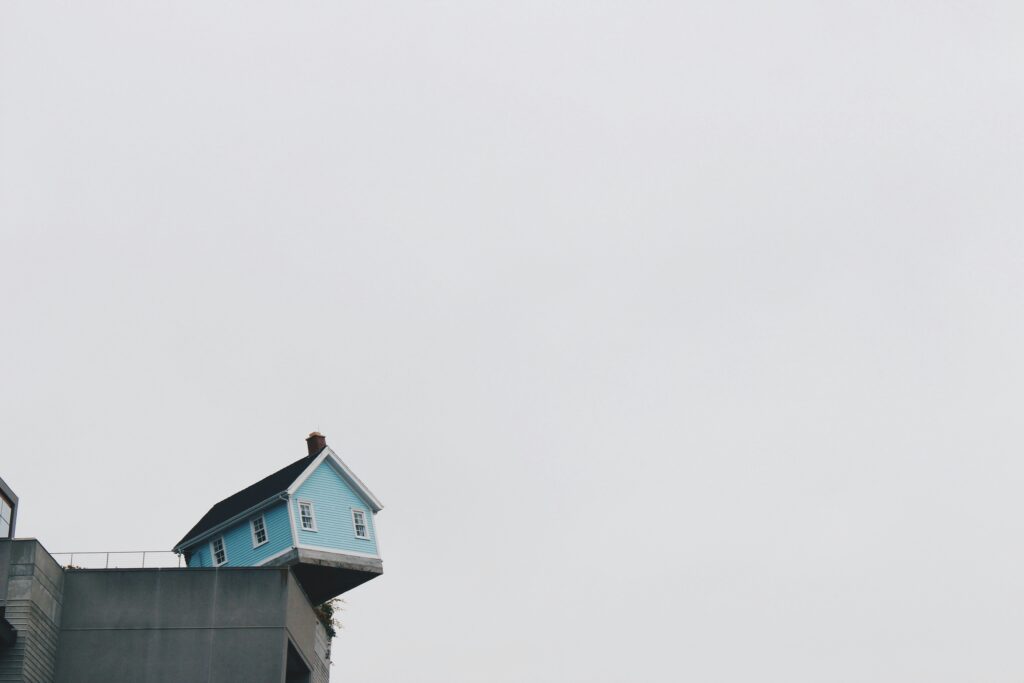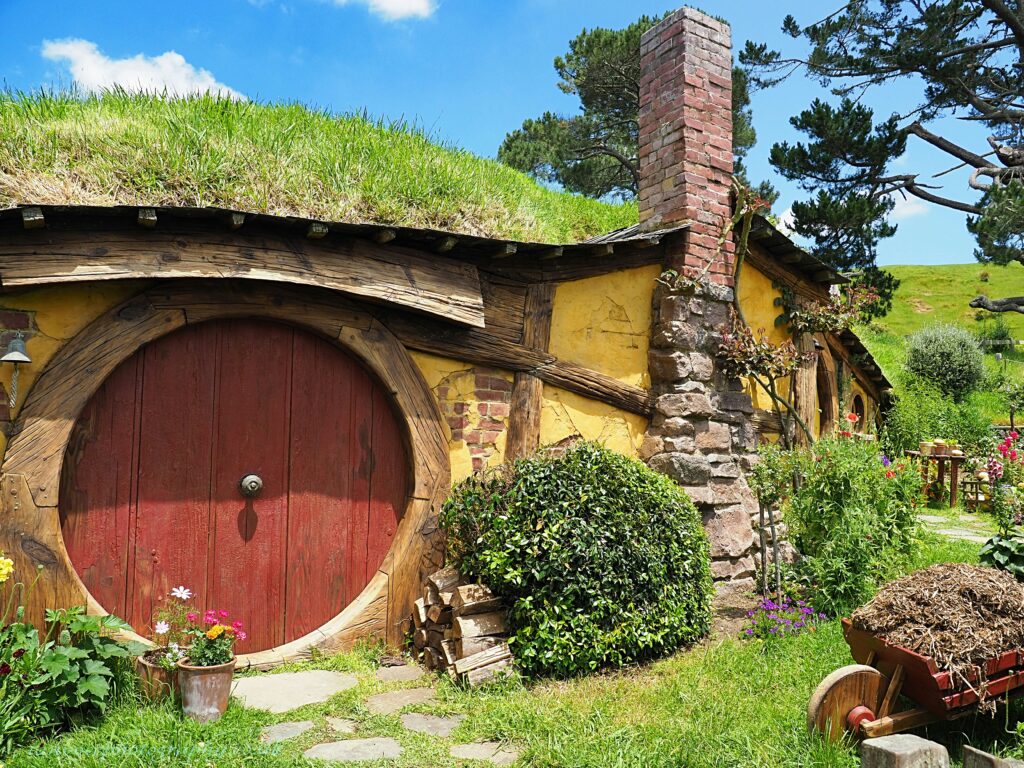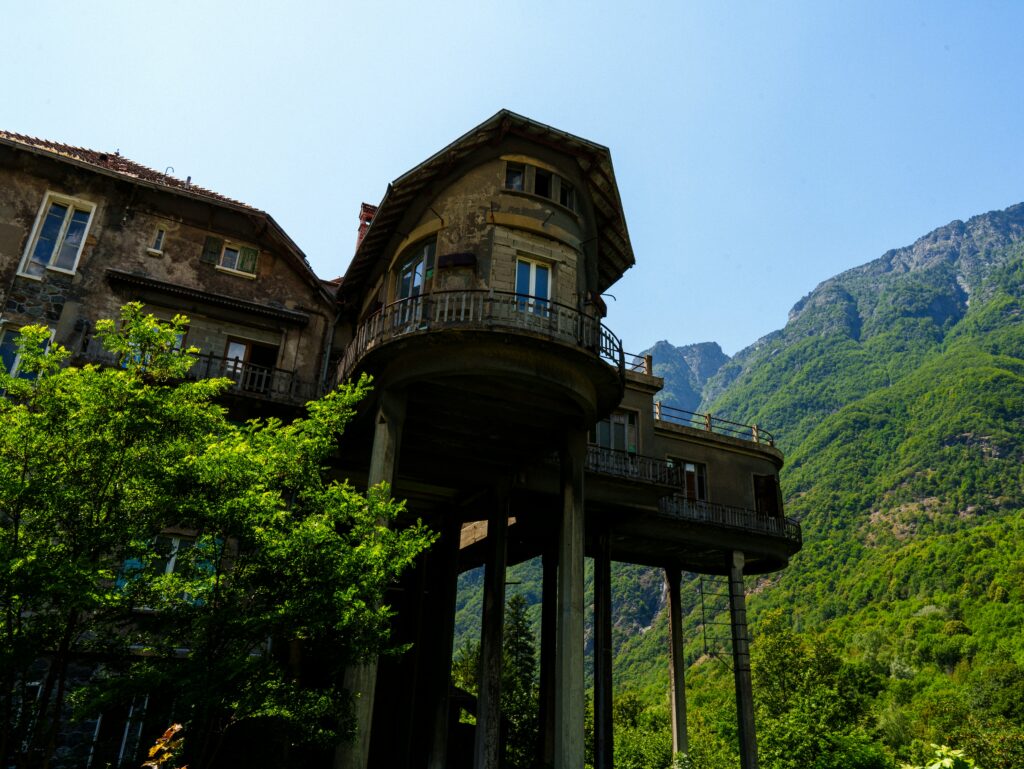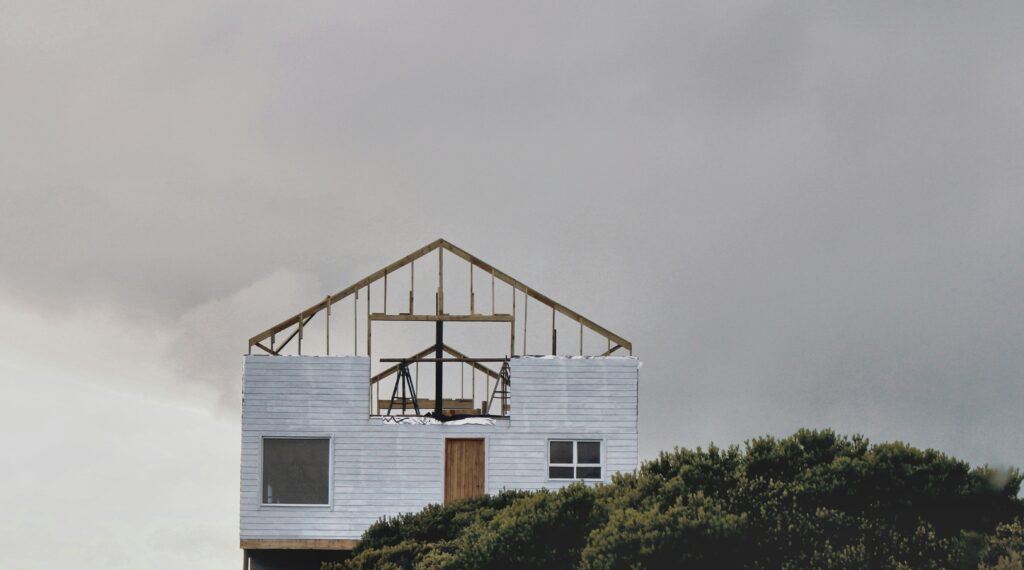
50 fun facts about real estate investing
- In some countries, foreign investors are restricted or prohibited from buying property near military bases, borders, or certain coastal areas.
- In parts of Italy, you can buy a home for as little as 1 euro in an effort to revitalize rural villages suffering from depopulation. They are known as one euro homes.
- According to a study conducted by Zillow, homes in the US with black or charcoal front doors are sold for more than homes with other colors of front doors. This is thought to be due to the more sophisticated and modern appeal of black doors.
- There is virtually no “vintage” real estate in Tokyo, Japan. This is because most homes in Tokyo are relatively new and are built to strict building codes and standards. Construction is such a bustling industry in Japan that nearly half the homes are torn down 30 years after being built. As a result, it is rare to find homes in Tokyo that are more than a few decades old.
- It’s possible to find cheap real estate deals overseas where property prices are below $1000 per square meter.
- In Japan, due to a phenomenon called “akiya” (vacant homes), properties can sometimes be acquired very cheaply, or even for free, to address the issue of an aging population and rural depopulation.
- Some investors have reported paranormal activity influencing their decision to sell their homes.
- In France, there is a type of real estate sale called “viager” where you buy a property at a discount, but the seller retains the right to live in it until they pass away.
- In some countries, you can invest in real estate using cryptocurrencies.
- Some countries offer real estate at a significant discount to investors willing to restore historic properties.

- In Dubai, you can find man-made islands shaped like the world map, and investors can buy their own “country”.
- In certain countries, it’s not uncommon to pay for a property in full, in cash, rather than taking out a mortgage.
- In Thailand, foreigners are generally not allowed to own land, but they can own buildings or apartments on the land.
- In the Philippines, foreign investors can’t own land, but they can purchase condominium units as long as 60% of the units in the building are owned by Filipinos.
- In Singapore, buying a residential property as a foreigner includes paying an additional buyer’s stamp duty of up to 20% on top of the purchase price.
- In Monaco, a tiny city-state, real estate is some of the most expensive in the world due to its status as a tax haven and limited space.
- In some countries, the concept of “freehold” and “leasehold” property can be quite different from what investors are used to in their home countries.
- In Bali, Indonesia, the “Hak Pakai” (right to use) can be granted to foreigners, which is a form of leasehold that can be valid for up to 80 years.
- In Mexico, foreigners cannot directly own property within 50 kilometers of the coast or 100 kilometers from a border; instead, they must use a “fideicomiso” (bank trust) or establish a Mexican corporation.
- In some European countries, purchasing a property may automatically enroll you in the local community’s agricultural cooperative.
- In Brazil, there’s a “CPF” tax identification number that foreigners need to buy property, similar to a social security number.
- In Greece, property buyers may be required to prove that the funds used for the purchase are taxed to avoid money laundering.
- In New Zealand, a law passed in 2018 bans most foreigners from buying existing homes to help reduce housing speculation and high prices.
- In some Caribbean nations, buying property can qualify an investor for a “Citizenship by Investment” program, granting them a second passport.
- In Denmark, unless you have lived in the country for a minimum of five years, you need the government’s permission to buy property.
- In Italy, there are “earthquake houses” sold at a discount in regions that have been affected by seismic activity.
- In certain areas of Australia, foreign investors are required to get approval from the Foreign Investment Review Board before buying property.
- In Morocco, property transactions must be conducted in Arabic, and any contracts in other languages are not legally binding.
- In some parts of Spain, there is a legal concept known as “usufruct,” which allows someone to use and benefit from someone else’s property without owning it.

- In Switzerland, there are quotas for the number of properties that can be sold to foreigners, and some cantons require a special license for non-residents to purchase real estate.
- In Malta, buying a property can be a pathway to citizenship through their Individual Investor Programme, which requires a significant investment in real estate.
- In Bermuda, there is a minimum purchase price for non-citizens, which is set quite high to limit foreign ownership and preserve local access to housing.
- In Vietnam, while foreigners cannot own land, they can buy apartments with a 50-year leasehold, which can be extended.
- In the Netherlands, it’s possible to buy a houseboat as a property investment, with its own set of rules and regulations.
- In the United Arab Emirates, foreign property ownership is typically restricted to freehold areas designated specifically for foreign investors.
- In Iceland, foreign investors must obtain permission from the Ministry of Justice to buy property, and they must demonstrate that their ownership will benefit the country’s economy.
- In the Czech Republic, after joining the European Union, the restriction on foreign individuals buying real estate was lifted, but non-EU citizens still face some hurdles.
- In some South American countries, it’s common to have a “barbecue clause” in real estate transactions, providing the seller with a farewell barbecue hosted by the buyer.
- In Turkey, foreign investors can acquire real estate, but if the land exceeds 30 hectares, they must seek special permission from the Turkish Council of Ministers.

- In South Korea, there is a unique property tax called “Acquisition Tax,” which must be paid by the buyer within 60 days of purchasing the property.
- In Canada, certain provinces like British Columbia have introduced an additional property transfer tax for foreign buyers to cool down the hot housing market.
- In Israel, much of the land is owned by the state and is leased to property owners for periods of up to 99 years, rather than being sold outright.
- In Argentina, buying property usually involves a “boleto” which is a pre-contract that allows the buyer to take possession before the final deed is signed.
- In some African countries, property ownership can be complicated by customary land rights, where local communities have traditional claims to land that may not be formally recognized by the state.
- In Russia, foreign investors may find that they need to navigate a complex system of registration and approval from various government bodies to buy property.
- In Portugal, the Golden Visa program allows significant property investors from non-EU countries to gain residency and potential citizenship, with certain conditions and investment thresholds.
- In the United Kingdom, there is a unique leasehold system where you can buy the right to use a property for a long time (often 99-999 years), but you don’t own the land it sits on.
- In some countries, such as Belize, property transactions are often conducted in U.S. dollars instead of the local currency.
- In South Africa, foreign land ownership may be capped or restricted in the future as the government considers land reform policies to redistribute land to South African citizens.
- In Indonesia, there is a “Right to Build” (Hak Guna Bangunan) title that allows both foreigners and locals to own buildings, but not the land, similar to a long-term lease with the right to construct on the land.
Please note that these facts are a general compilation and may not apply universally or may change over time due to legislative changes or shifts in policy. Always consult a local expert or legal advisor when considering international property investment to understand the current rules and regulations.